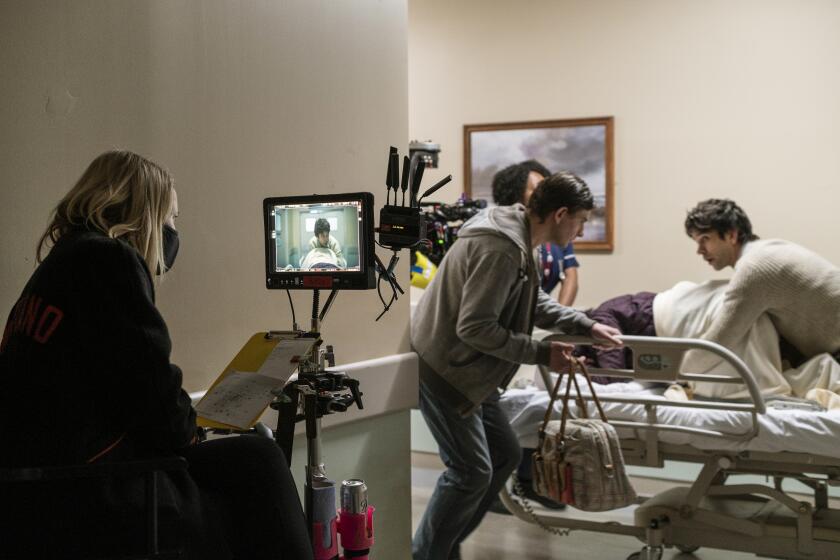CalPERS halts contract renewal talks with prescription drug benefits administrator Medco
In the wake of alleged bribe payments, the scandal-plagued California Public Employees’ Retirement System has ended contract renewal negotiations with a company that administers prescription drug benefits for 300,000 members.
A CalPERS internal investigation report released earlier this week alleged that Medco Health Solutions Inc. paid more than $4 million in what was called “consulting” fees to win the original contract in 2006.
The money was allegedly paid in secret to Alfred J.R. Villalobos, a former CalPERS board member turned dealmaker. According to the investigation, the suggestion that Medco pay the money to Villalobos came during a meeting that was also attended by Federico Buenrostro Jr., who was then the pension fund’s chief executive.
The investigation, which found numerous alleged irregularities, focused on the two-decade, close relationship between Villalobos and Buenrostro.
Buenrostro allegedly helped Villalobos collect more than $50 million in fees for closing billion-dollar deals with CalPERS.
The two are co-defendants in a fraud lawsuit brought by the California attorney general’s office in Los Angeles County Superior Court. Both Villalobos and Buenrostro have denied any wrongdoing in their CalPERS dealings. Neither could be reached for comment Wednesday.
In addition, both state and federal law enforcement agencies are investigating the alleged payments, according to CalPERS and disclosures made by Medco in documents filed with the U.S. Securities and Exchange Commission.
Medco, the nation’s biggest pharmaceutical benefits administrator with $66 billion in annual sales, had been until the report was released the favored candidate to win a new contract set to start in 2012.
The company, based in Franklin Lakes, N.J., provided $500 million worth of prescription drugs to CalPERS-affiliated state and local government workers, retirees and their families in 2009, the pension fund said.
Medco was “obviously disappointed with the board’s decision not to follow through with the renewal award,” said company spokeswoman Jennifer Leone Luddy. Its stock on the New York Stock Exchange closed down 4.9% at $56.23 a share.
The internal CalPERS report by the Washington law firm of Steptoe & Johnson chronicled alleged wrongdoing with the procurement by Medco Chief Executive David Snow, Villalobos, Buenrostro and then-board members Charles Valdes, Kurato Shimada and the late Robert Carlson. Valdes declined to comment and Shimada was not available to comment.
“The behavior revealed in the Steptoe report on the part of former CalPERS leadership is intolerable and violated basic ethical norms,” said state Controller John Chiang, a CalPERS board member.
“Because PERS cannot afford to partner with firms facing such serious allegations of impropriety, I and other members of the board decided not to award a new three-year contract to Medco and begin an orderly transition to a new vendor,” Chiang said.
Chiang is pushing a pair of bills in the state Legislature to restrict gift-giving to CalPERS officials and put limits on so-called revolving door moves from government service to investment firms that do business with the retirement system. The CalPERS board endorsed those bills Tuesday.
“The Medco contract carries an aura of bagmen and payola,” said another CalPERS board member, state Treasurer Bill Lockyer. “Given the possibility of criminal conduct, the board could not in good conscience even consider continuing its relationship with the firm.”
According to the Steptoe report, “the events in 2004 and 2005 surrounding the award of the PBM [pharmaceutical benefits management] contract provide a striking example of the manner in which certain business was apparently conducted while Buenrostro was CEO of CalPERS.”
In May 2004, according to the report, Villalobos hosted a meeting at his Nevada mansion overlooking Lake Tahoe, attended by Buenrostro and Medco’s Snow. The report did not include details of the contract discussions “in deference to law enforcement authority requests.”







